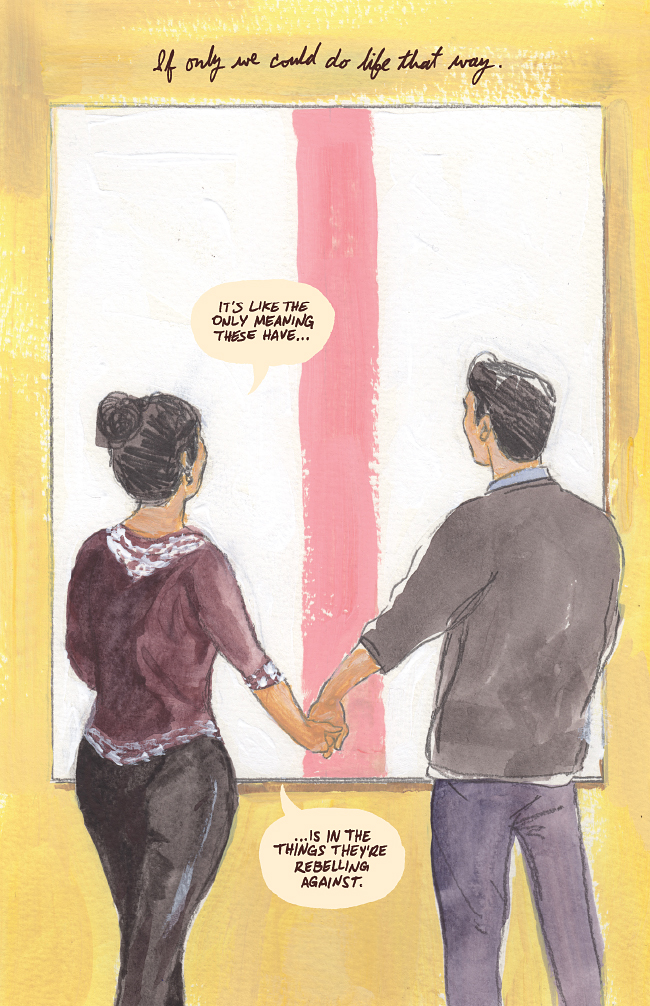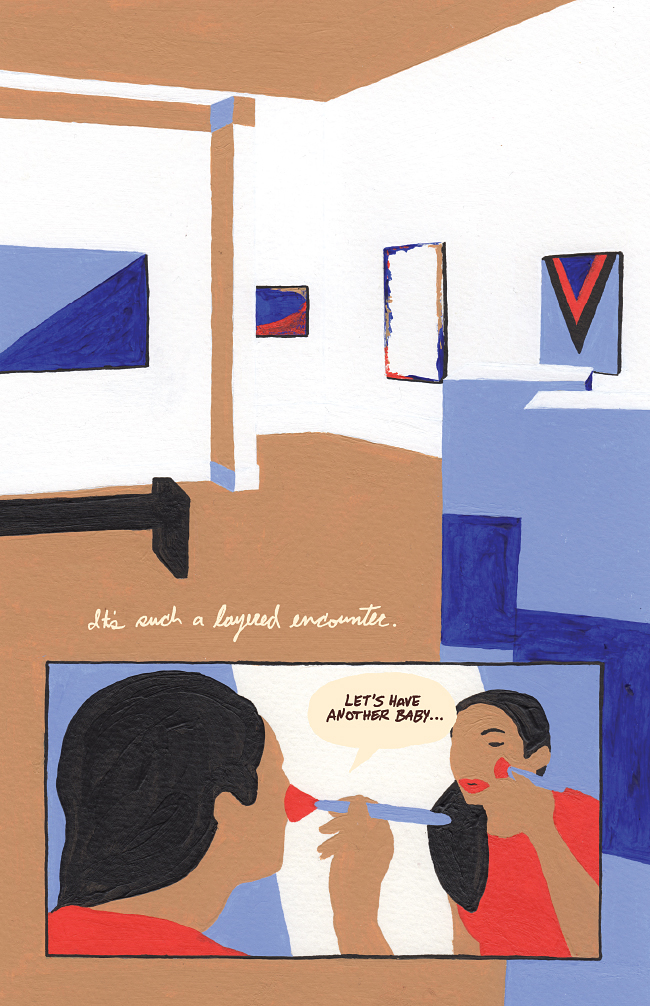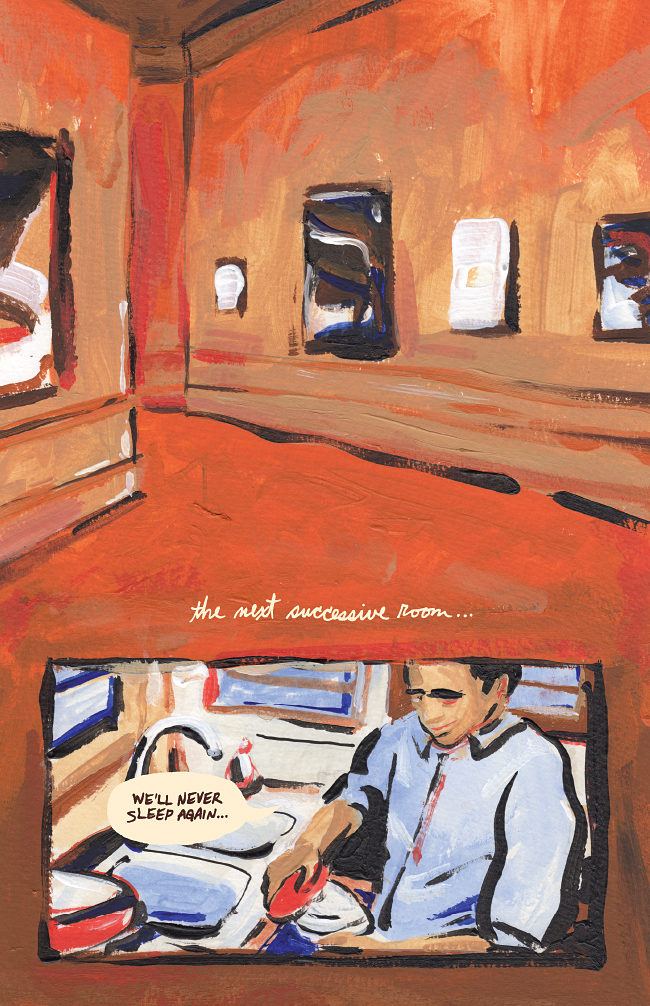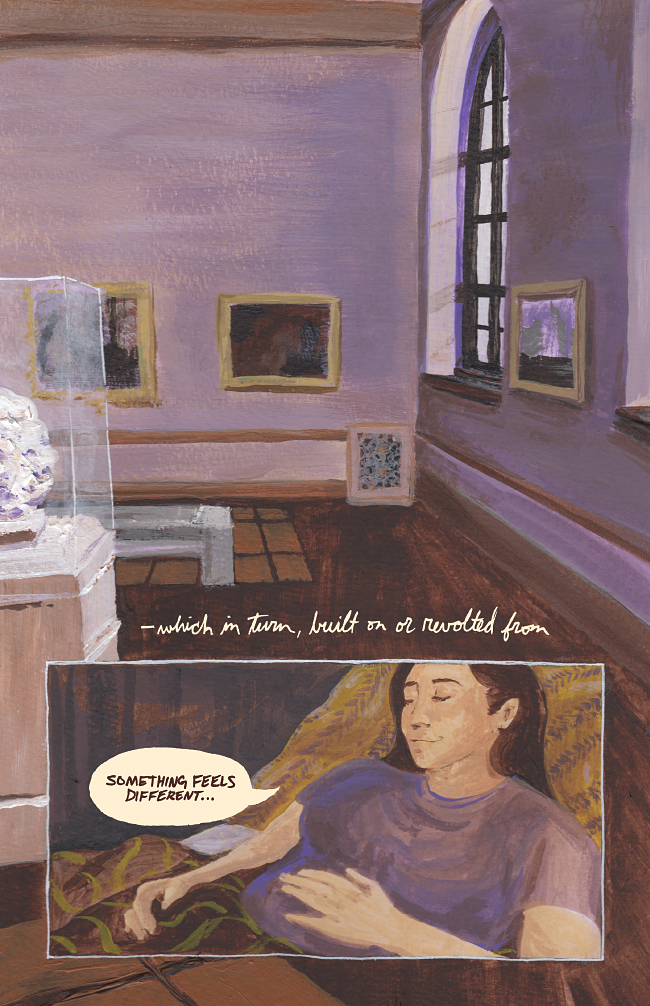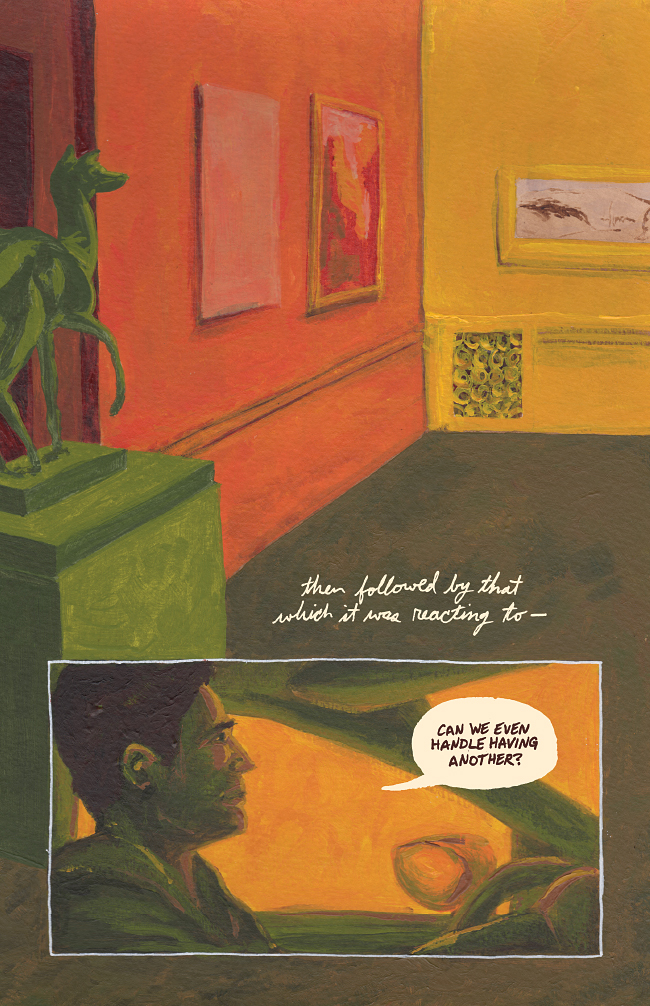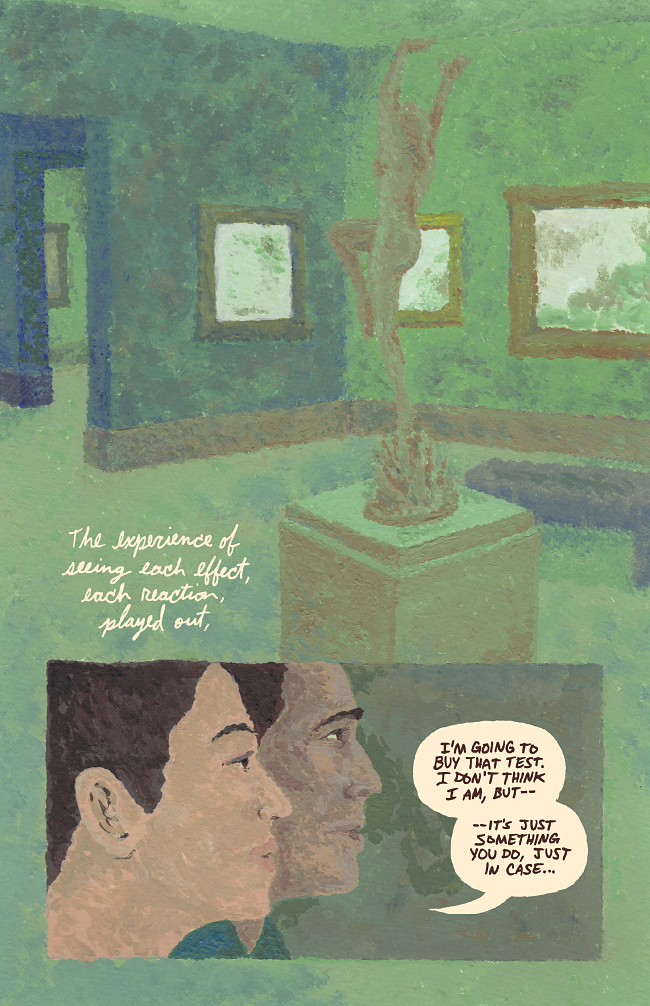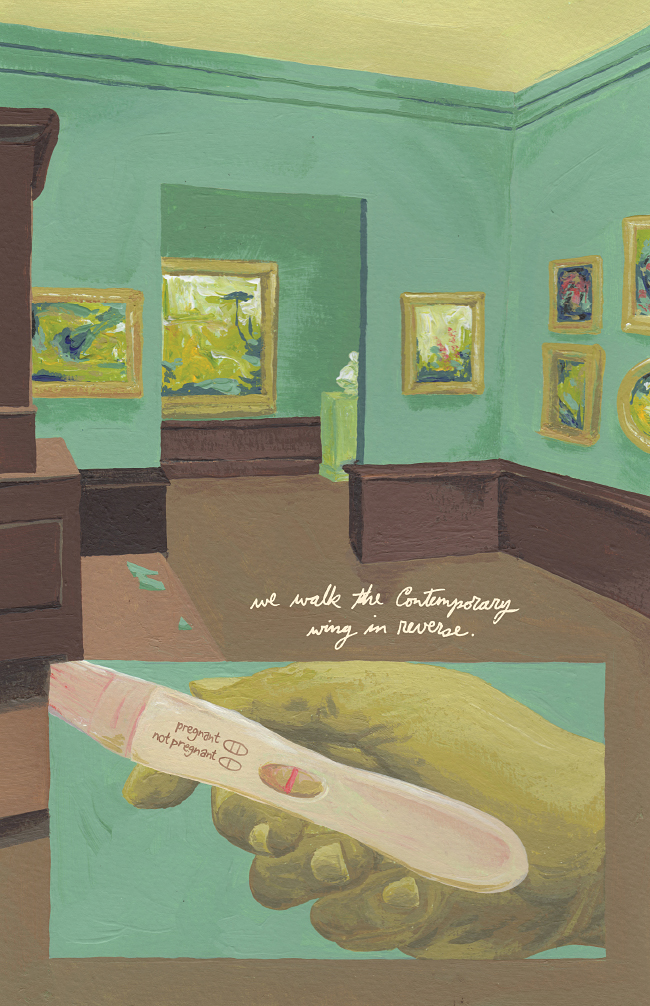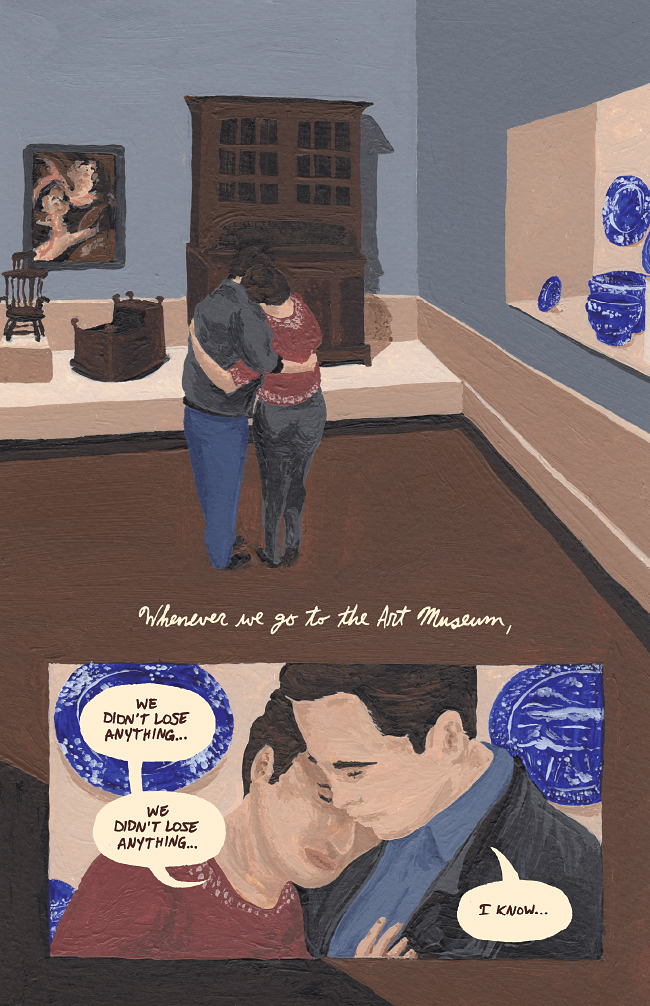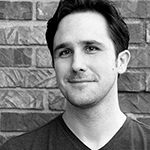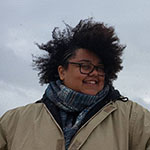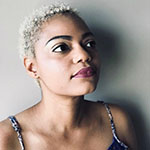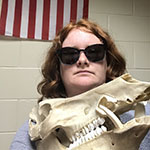byelingual
having two or more languages is a cock fight, beaks snap ping at each other’s
necks for the domain and trained only for that they only want to see blood
and feathers, whether that means life or death, no ifs, ands, or buts; tampoco
quieren dudas, quejas o peros– pero…when people ask me
what language i think in, i tell them i think in dreams,
with no policing of language or fear of white canons amputating our limbs that grasp,
uphold, embrace, and carry our families and countries limitations conclude our selves.
we seldom speak in fear of our tongues being corralled and caged. see, my mother
always told me to ar ti cu late my words when i spic out my mind
that the gringo
teachers won’t like if i’m late to enter discussions about me. the first professor to diagnose
my speech problems was yt they diagnosed me with Too-Many-Words,
from different sources fighting for conquest of my brain and tongue remember to
cite sources in MLA! she told me the amalgamation of languages was a f o u n t a i n
not of youth, but of proof of my country’s resilience. if only my grade school teachers were the
same way, instead of enforcing inglés and Spanish. i could
barely banish one language when one whispered in my ear the answer to a question, or
when the other mumbled poetry that insisted to be spit out. outside of my
country, people only ask for my first and last name but how will they know
i carry my mother’s
with me wherever i go? i also inherited her universal language of laughter and dance her
kindness her poise her habit of getting so enraged, when anger bubbles to brim,
neither she nor I can identify whose mother to shit on, what r’s an s’s to scrimp and save,
what other way than to summarize a hurracounous rage with a savory and all-encompassing
puñeta i not only mutter carajo or hijoeputa, but
yell out
FUCK.
Li-berate-ion
noun. (plural: inconceivable)
the act of being on the loose, a tightening of the noose, being unchained
and lacking every possible possession except for a ripped Bible
that’s bloodstained and muddles passages like Exodus 6:6;
synonymous to unaffiliated, poverty-stricken, unlucky, inconceivable;
see Chile, Cuba, Haiti, Venezuela…
Examples:
See, L’Ouverture’s version of liberation only gave his
people a quavering economy;
Communism doesn’t birth liberation in the crib of an uncivilized
country, but rather spawns chaos.
related to those-countries-that-were-ungrateful-of-the-Crown and
those-who-read-Marx; see Guevara, Che.
antonym to hegemony, capitalist, unified, civilized, etc.
too expensive, unattainable, we’ll become Cuba! communism will run rampant, do you really
want that happening to you?

María Lysandra Hernández is a BA Writing, Literature and Publishing student with a minor in Global and Post-Colonial Studies at Emerson College. She was born and raised in Puerto Rico. She is currently the Head of Writing at Raíz Magazine (@raizmagazine on Instagram), Emerson College’s only bilingual and Latinx-run publication. Her work has been published in Raíz Magazine and she can be found on Instagram at @marialysandrahern.

 BACK TO ISSUE
BACK TO ISSUE